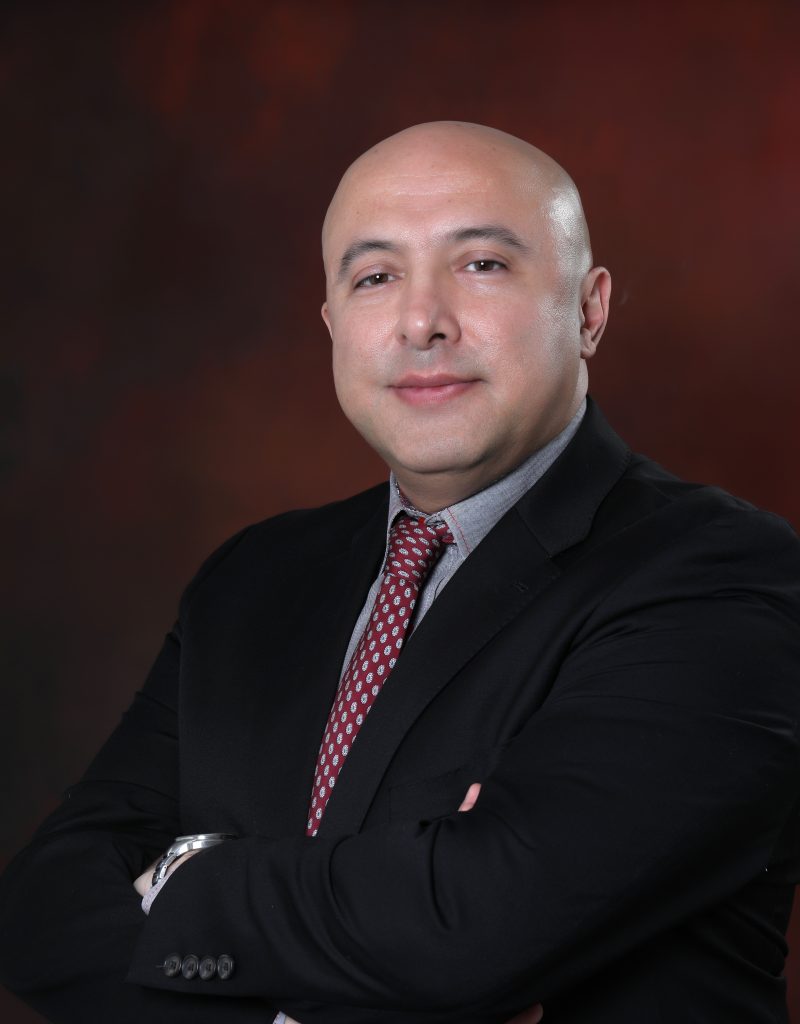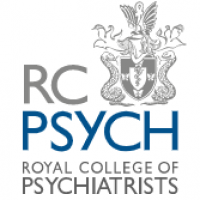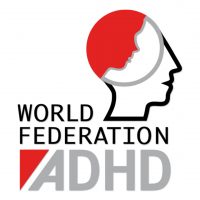What are the symptoms of Bipolar Disorder?
Bipolar disorder can make your mood change dramatically from extreme highs (mania) to extreme lows (depression). The changes in mood can be overwhelming and distressing. But you may feel well between these periods. Previously called manic depression, it can affect all aspects of your life including work and relationships. When you’re experiencing manic highs and lows, the symptoms can be severe. You could experience changes in energy levels and to the way you act.
Symptoms of mania can include:
- Feeling happy even when things aren’t going well for you
- Feeling more positive about yourself than usual
- Feeling more active, energetic or restless
- Being irritable, argumentative and aggressive
- Talking very quickly, jumping from one idea to another, racing thoughts
- Easily distracted and struggling to keep focus on one thing
- Not being able to sleep, or feeling like you don’t need any sleep
- Making decisions you wouldn’t usually make, such as gambling, excessive spending, being sexually promiscuous, going on spending sprees and using drugs or alcohol
- Thinking you can do more than you can
- Being more social than usual
Hypomania
Hypomania is similar to mania but has milder symptoms. It can be more manageable, but it still has a noticeable effect on you day-to-day. Hypomania may last for a shorter period of time.
Symptoms of depression can include:
- Low mood, feeling hopeless and negative
- Having less energy, feeling tired or slow
- Feeling guilty and worthless
- Being less interested in things you normally like doing
- Difficulty concentrating, remembering and making decisions
- Feeling restless or irritable
- Sleeping too much or not being able to sleep
- Feeling more or less hungry than usual, losing or gaining weight when you do not mean to
- Suicidal thoughts
Symptoms of psychosis can also happen during episodes of mania or depression such as:
- Hallucinations – Hearing, seeing or feeling things that aren’t there
- Delusions – Believing things that aren’t true and that other people find unusual
These experiences can feel very real, which can make it difficult for you to understand people’s worries about you.
Dr Behzad Basit is an experienced Psychiatrist who helps patients with Bipolar Disorder. With his medical career starting in 1988, Dr Basit been described by patients and colleagues as very approachable and can help patients experiencing problems with mood changes. His background in general practice, psychiatry and psychotherapy enables him to take a holistic approach in the assessment and management of patients.
We invite you to learn more about Bipolar Disorder.
To book a consultation with Dr Behzad Basit, please complete our contact form here.
Source: Mental Health UK
Dr Behzad Basit Professional Qualifications
- Medical Doctoral (MD), Tehran University of Medical Sciences
- Member of the Royal College of Psychiatrists, UK (MRCPsych)
- Honorary Senior Lecturer, School of Medicine, Imperial College London
- Honorary Visiting Associate, The Institute of Psychiatry, Psychology and Neuroscience, King’s College London
- Postgraduate Diploma in Mental Health Studies (University of Kent)
- Postgraduate Diploma in Healthcare Management (Manchester Business School) Trained in Cognitive Analytic Therapy









